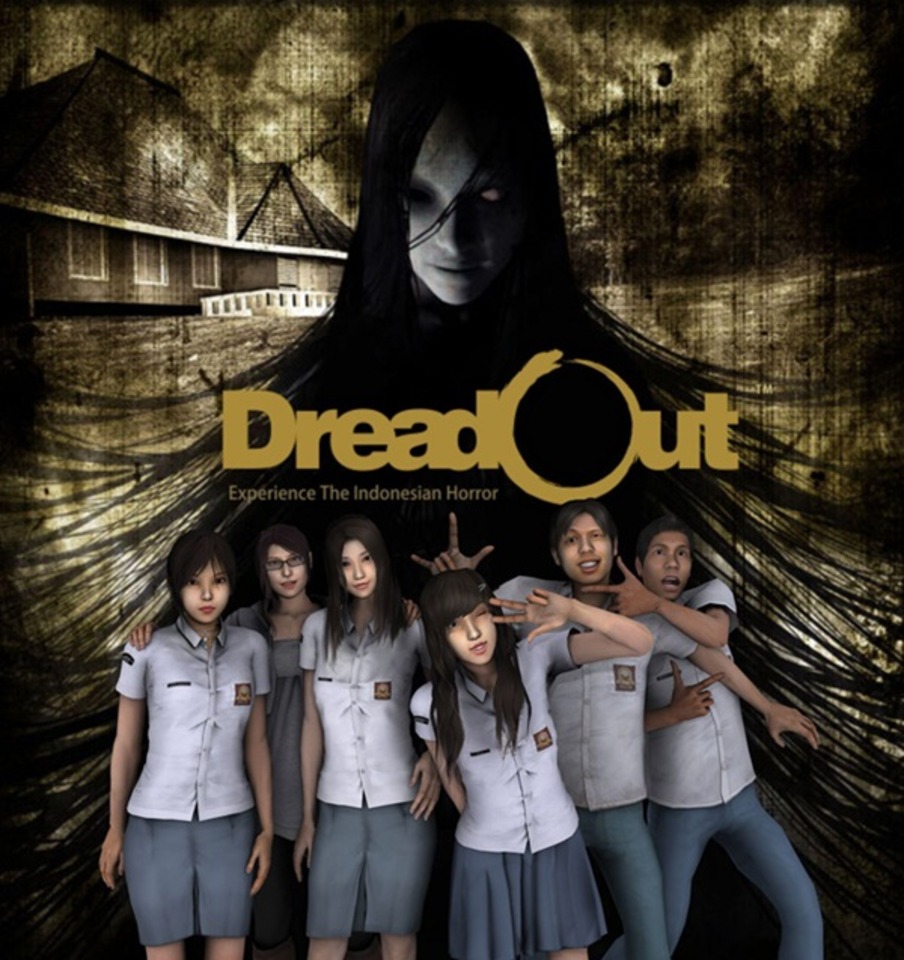


So on one side we see Yelena as an assassin operating from the shadows (with cloaking technology, no less) with her muteness being just another factor that enhances how intimidating she appears to Kelso. This means we get to see the Tyrants both as being scarily effective assassins operating in complete secrecy, and as the broken people they really are (exception being Jaron Namir, who has his stuff together so well that it offends Saxon he is allowed to have such a normal life). The story is told from the perspectives of Anna Kelso (who is a target of the Tyrants) and Ben Saxon (who is a Tyrant). Yelena Federova (spelled Fedorova in Human Revolution) is a Tyrant assassin who is implied to be able to speak, but simply hasn't in a very long time, probably due to trauma. There's nothing bad about doing things like that but it feels rather self-defeating and it naturally leads people to wonder if the character is supposed to be mute rather than be a reflection of themselves.Ĭoincidentally I read Deus Ex: Icarus Effect a couple of weeks ago featuring a character who has muteness as a character trait. Rather like how Link from The Legend of Zelda is supposed to be the player's link into the world of Hyrule, yet the designers opted for a cartoony style for Wind Waker so they could better show his reactions. That makes it one aspect of the character we are supposed to identify with on which we can't project our own ideas. This means we still have a window into the character's personality, they just don't vocalize that personality. As such we can't just have Linda be completely emotionless while ghosts pop out with the intention to scare her. It would be standard bravery in a regular third-person action game but for a horror game our own fear requires a certain vicarious connection to the protagonist and their fear. There's a certain paradox in having a (non-mute) silent protagonist in a third-person horror scenario, which requires the character having a visible reaction to their surroundings to be effective.

If we assume she just fired of a barrage of questions due to panic over the situation and relief of seeing a friendly face however we can just as easily put this scene along with the others where none of the dialog implies that Linda somehow responded. The actual counterargument would probably be Shelly expecting a response though. Of course as this is the only scene in the game (that I caught, anyway) where Linda makes a seeming attempt to talk, this could simply be an example of "expressive silence" which I will briefly discuss next. I suppose a possible counterargument to Linda being mute is a brief scene during the reunion with Shelly where Linda makes an apparent attempt to respond vocally before being interrupted. That's a rather cool idea for a silent character, isn't it? What if she was actually typing out messages on her phone for possessed Ira to see? If Linda relies on her phone as a primary method of communication it would explain her attachment to it beyond the phone culture we find ourselves in.

This plays out from a first person perspective so we don’t see (or hear) Linda talking but of course we automatically assume that she is. During a section in Act II where you get to communicate with a (somewhat playful) ghost through a possessed Ira, it appears as if Linda is asking questions and leading the conversation down certain paths.


 0 kommentar(er)
0 kommentar(er)
